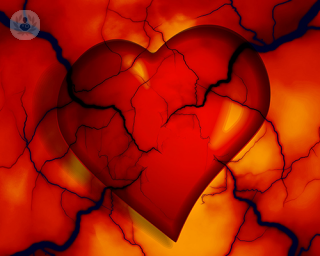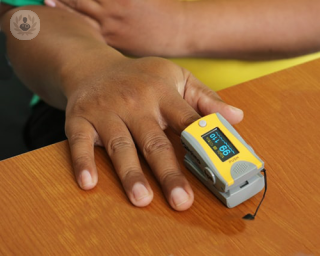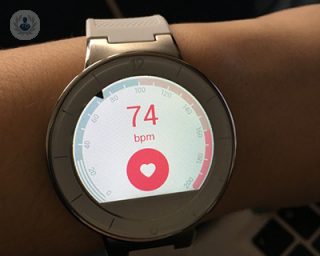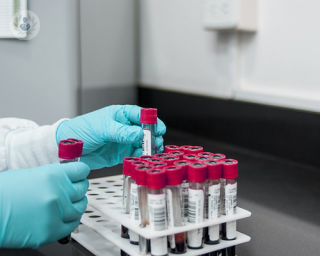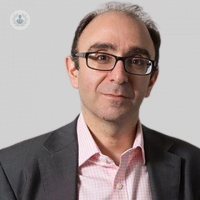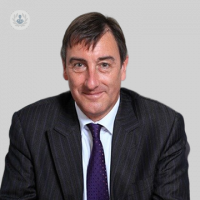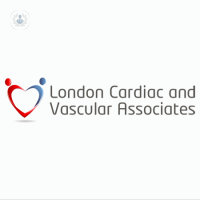Tachicardia
What is tachycardia?
Tachycardia (sometimes referred to as “tachyarrhythmia” is when the heart beats faster than the normal resting rate. Tachycardia is expected in certain situations, such as while exercising or due to fear. However, abnormal tachycardia can be a symptom of a number of conditions or an effect of certain substances (or withdrawal from certain substances) on the heart.
Abnormal tachycardia can be divided into:
Supraventricular tachycardia can be further sub-divided into atrial fibrillation, paroxysmal supraventricular tachycardia (PSVT), atrial flutter, and Wolff–Parkinson–White syndrome.
Symptoms of tachycardia
Tachycardia is itself a symptom rather than a diagnosis. It is defined as a heart rate above the normal resting rate. Resting heart rates vary from person to person; however, in most healthy adults, tachycardia is considered to be when the heart rate rises over 100 beats per minute.
Other tachycardia symptoms include:
- Sweating
- Chest pain
- Palpitations
- Shortness of breath
- Feeling faint
Medical tests to diagnose tachycardia
An electrocardiogram (ECG) is used to diagnose the type of tachycardia.
What are the causes of tachycardia?
There are many causes of tachycardia, including:
- Alcohol
- Nicotine
- Drugs, including cannabis, cocaine, and amphetamines
- Withdrawal from addictive substances
- Infections
- Fever
- Hypoglycaemia
- Hyperthyroidism
- Atrial flutter
- Anxiety
- Wolff-Parkinson-White syndrome
- Dysautonomia
Many of the conditions that can cause abnormal tachycardia involve problems with the electrical signals that control the heart.
Treatments for tachycardia
Treatment for abnormal tachycardia depends on the cause. Medication may be prescribed to control episodes of tachycardia. In other cases, the patient may undergo cardioversion (a small electric shock to restore normal heart rhythm) or cardiac ablation (in which thin tubes are passed through blood vessels to the heart to permanently correct the problem).
Which type of specialist treats tachycardia?
Cardiologists diagnose the cause of abnormal tachycardia and treat causes related to the heart.
